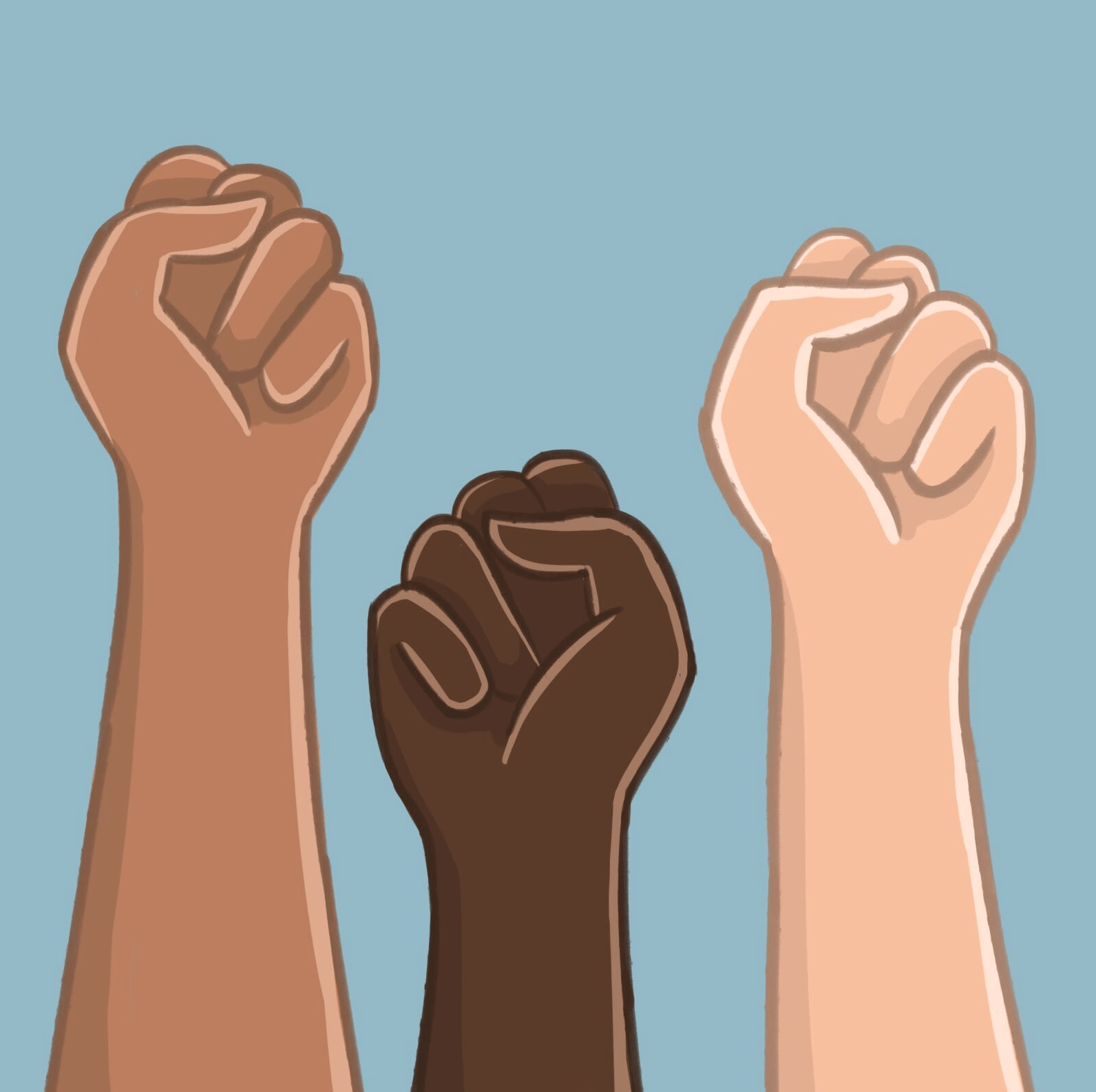The Patriotic Millionaires have released a statement on the Black Lives Matter movement;
“Sometimes there are moments where conducting fbusiness as usual is not only grossly inappropriate, but simply impossible. The nationwide protests this past week are exactly one of those moments.
The murder of George Floyd, like the murders of Ahmaud Arbery, Breonna Taylor, and every other unacceptable killing of Black Americans before them, have exposed the rotten truth at the heart of our country: the United States was founded on systemic racism that infects nearly every facet of our society to this day. And it is the duty of each and every single one of us to abolish it in all forms and move together towards a just and equitable future for all.
Because Black lives matter. Black livelihoods matter. Black futures matter.
So instead of our normal weekly roundup of analysis and insights on COVID-19 and the economy, we are providing some resources on race and economics in America to put these protests in context for you, our amazing supporters. We hope you – particularly our white readers – find these useful in informing and guiding our collective fight for justice.
-
“Cause of death: COVID-19, police violence, or racism?” by Melissa Healy
The COVID-19 pandemic is killing Black Americans at far higher rates than every other group – but it’s far from the only systemic danger they disproportionately face. At birth, Black children average a lower life expectancy than white children by 3.5 years and are 2.5 times more likely to live in poverty. This critical piece provides an overview of the systemic barriers that our Black compatriots face every day.
-
“Black workers face two of the most lethal preexisting conditions for coronavirus—racism and economic inequality” by Elise Gould and Valerie Wilson
This comprehensive report from the great folks at the Economic Policy Institute examines the two economies that exist in our country: one for the mostly well-off white majority, and one for Black America. Decades of racist policies, from redlining to land deeds that bar Black ownership, have locked Black people out of wealth-building models that allowed white Americans to move into the middle and upper classes. Add that to low wages, employment discrimination, chronic underfunding of public services, and disproportionate incarceration rates, and the recipe for economic apartheid becomes devastatingly clear.
-
“A vast wealth gap, driven by segregation, redlining, evictions and exclusion, separates black and white America” by Trymaine Lee
All those policies outlined in the EPI report have existed for decades, and were often direct legacies of slavery and Jim Crow legislation. This essay, part of the New York Times’ landmark 1619 Project, places our country’s stunning racial wealth gap into its proper historical context. Examining the roots of the problem is key to tearing it out, root to stem.
-
“I’m a black climate expert. Racism derails our efforts to save the planet” by Ayana Elizabeth Johnson
Fighting for equality is a moral good in its own right, but the consequences of our systemic racism extend far beyond the Black lives it directly impacts. Racism exists in every sphere, hindering collective progress on issues that affect us all. This poignant essay by marine biologist and climate expert Dr. Johnson puts the problem into perspective.
-
“New York City and Los Angeles slash budgets – but not for police” by Alice Speri
Thanks to the COVID-19 pandemic, state and local governments are facing unprecedented revenue shortfalls, forcing them to make tough decisions about their 2020-21 budgets. Stunningly, however, police departments across the country are not facing any budget cuts, with many actually receiving budget increases. As we observe police departments deploy tanks, riot gear, tear gas, rubber bullets, and thousands of officers at the same time doctors and nurses have no PPE, teachers have no school supplies, and civil service jobs are being cut, it’s critical to ask: is the continued militarization of our police really the best way to spend taxpayer money?
This is far from a comprehensive list of resources, and we encourage you to further your education on this critically important issue – and we thank you, as always, for standing with us.”






